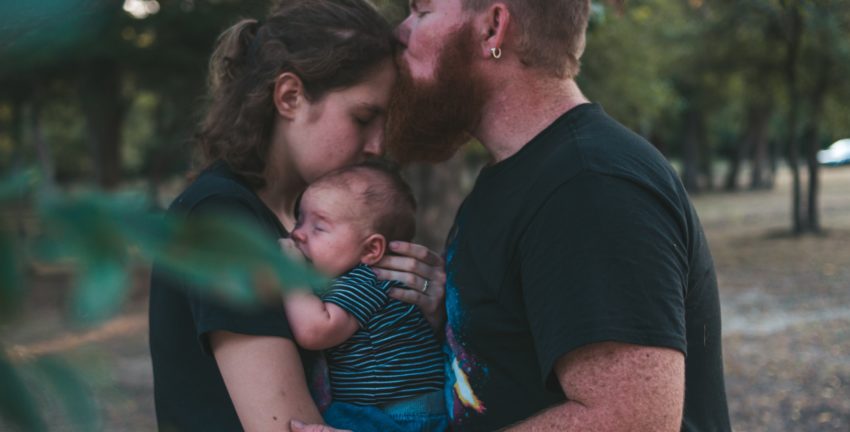The BALM Blog
See all postsYou CAN BE Your Loved One’s Best Chance at Recovery: Fighting SUD in the Family

Are you supporting your loved one with SUD in his or her recovery journey, or are you turning a blind eye?
Are you enabling or are you hindering your loved one’s recovery process?
Support is an important factor in the recovery of substance use disorder or SUD. Getting support from others is very helpful as the individual deals with the ups and downs of the recovery process.
When a loved one enters into a family recovery program, family members think that they don’t play a role in the process of recovery. In reality, family support is very important in the healing and recovery process. It is the strongest and most important source of support. It has a lot to do whether the recovery process fails or succeeds.
FREE DOWNLOAD: The Loving Path to Family Recovery Book
Families should be involved in the recovery process of their loved one. In a report by the National Institute on Drug Abuse (NIDA)[1], there is a connection between the amount of social support a patient has and the potential for relapse. The report also showed that those with lesser support have a greater risk of relapse.
How your support affects your loved one’s chance to recovery:
You help instill a sense of self-respect in your loved one
Providing a strong support system for your loved one with SUD can help lessen the negative effects of their substance use which include guilt, shame, vulnerability and other emotional states like anxiety and depression.
You provide unconditional positive regard to your loved one
One of the most important factors of success in the recovery process is the expression of positive regard for the person with SUD. Your support translates to an expression of unconditional positive regard to your loved one with SUD. This means that you still love and respect them despite their weaknesses and inadequacies. But this does not mean that you and the family approve of your loved one’s substance use abuse.
You can help them prevent relapse.
Substance use disorder or substance abuse is a chronic disorder which means there’s a big chance for relapse to happen along the way. There is a 40 to 60 percent chance for relapse according to the National Institute on Drug Abuse. [2]
If your loved one with SUD suffers a relapse, it doesn’t mean that they are failing or won’t be able to overcome the addiction. They probably just need more time reinforcing their coping skills and learning to control their urges. You can help your loved one prevent a possible relapse by knowing the warning signs.
By following the plan that you learn in your recovery program for families in substance abuse, during and after your loved one’s treatment, you can continue to stay out of the destructive cycle of enabling and co-addiction and to fully use the benefits of the program.
Family members play an important role in their loved one’s recovery. The early stages can be very challenging, but the love and support you provide can help them survive through their toughest days. While support is critical, how you give that support can depend on how transformative the family recovery education you receive is.
There are many different types of family recovery programs available. To determine which will work for you, ask yourself these questions:
-
- Am I willing to consider a loving approach to helping my loved one?
- Am I willing to let go of trying to help them by punishing them?
- Am I willing to learn a new way to relate to my loved one?
With your educated support, your loved one has a better and higher chance of success in leading a cleaner life.
The BALM® Family Recovery Program provides a one-year education program using the Be A Loving Mirror (BALM®) Method of Family Recovery. We educate families so they become true partners in helping treatment centers turn the tide from chaos to recovery in the family.
Learn more about the BALM® Family Recovery Program here.
Related Reads:
- #FamilyGoals: Make Healing Your Family Relationships a Priority
- Evidence-Based Practices Make All the Difference in the BALM Family Recovery Program
- Do’s and Don’ts When A Loved One Suffers from Grief
[1] http://archives.drugabuse.gov/TXManuals/DCCA/DCCA10.html
[2] https://www.drugabuse.gov/publications/drugs-brains-behavior-science-addiction/treatment-recovery

